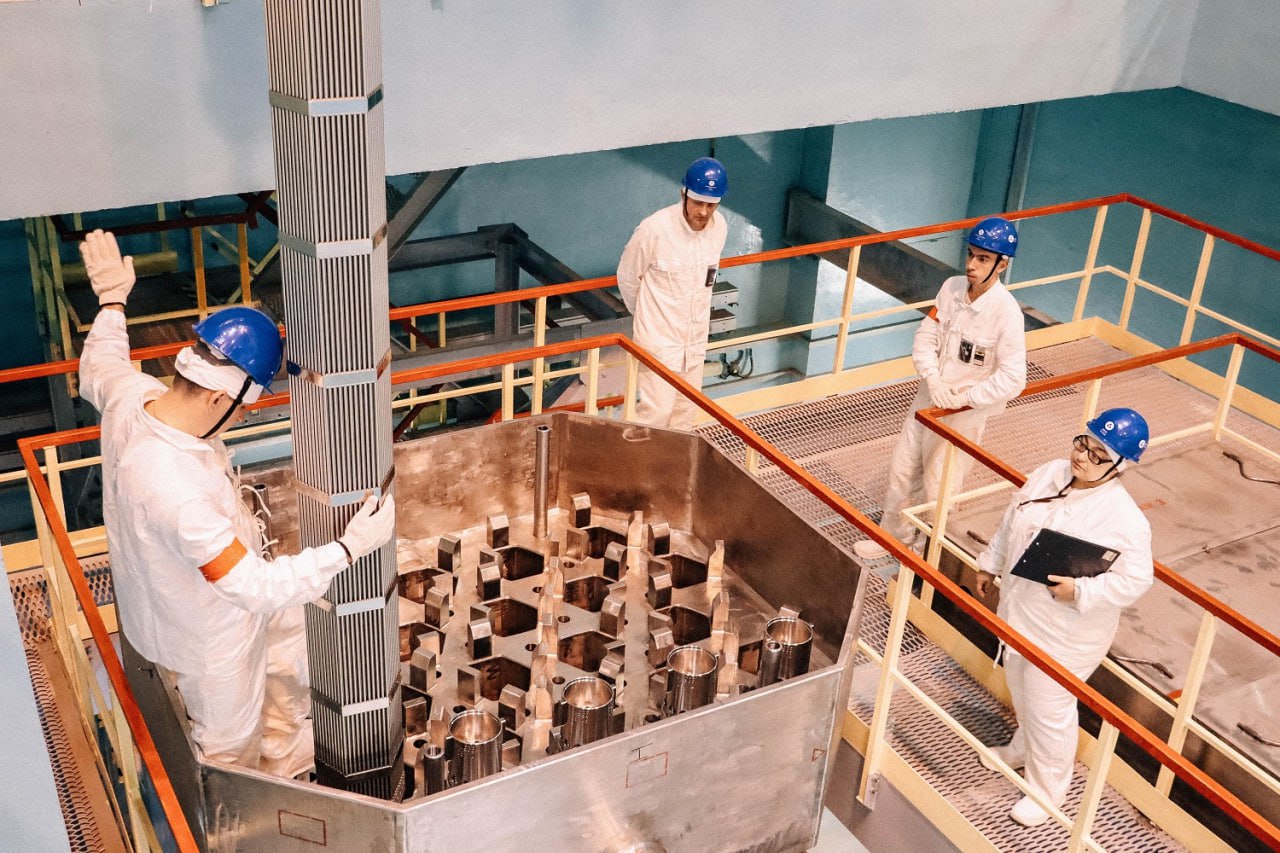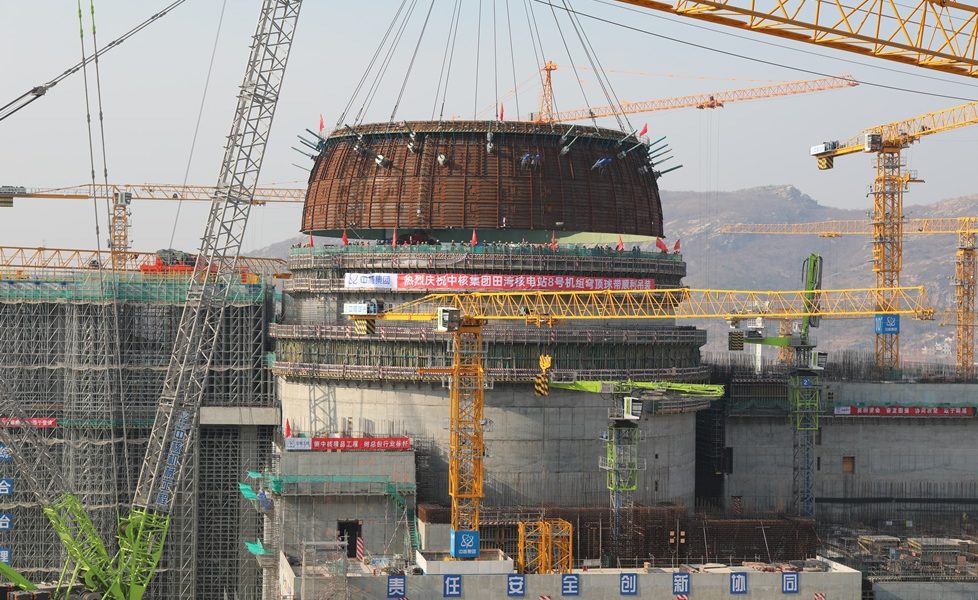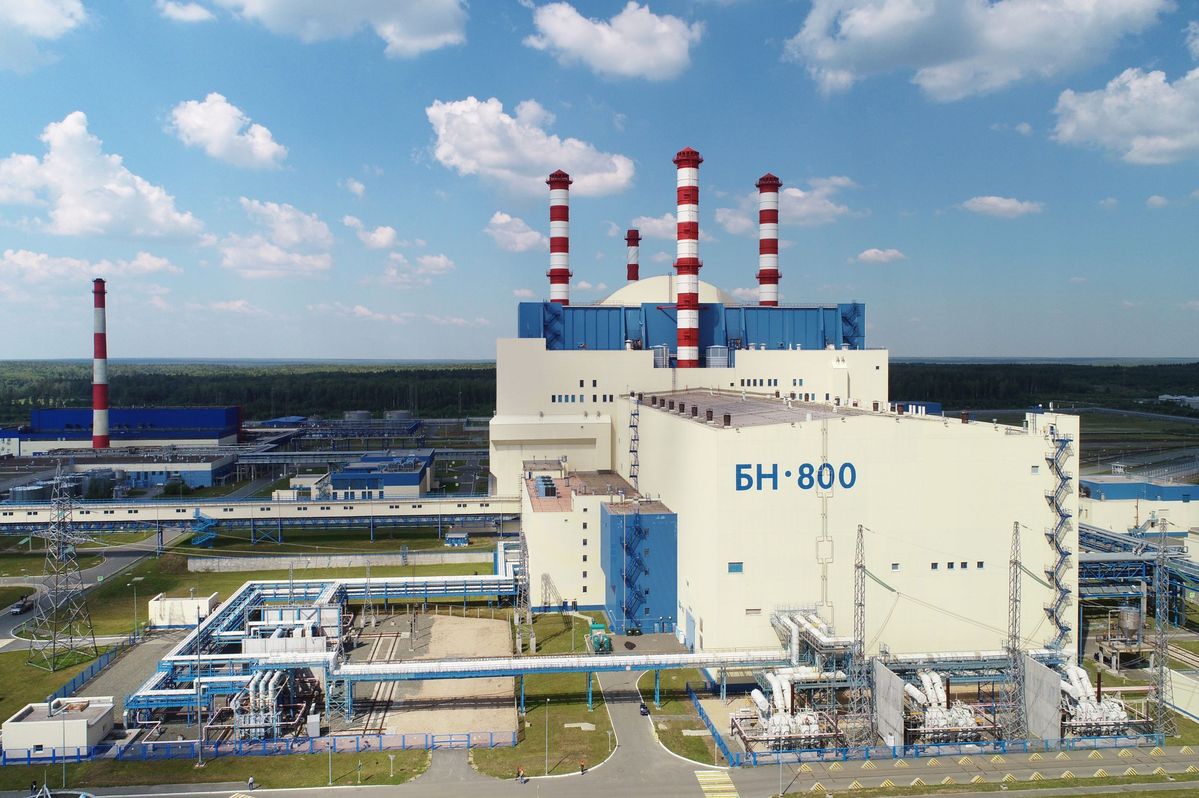Russia considers the Arctic development as one of its priority strategic task. Ensuring safe and sustainable shipping along the Northern Sea Route is of paramount importance. Rosatom, as the NSR infrastructure operator, is actively involved in this effort using a systematic approach to environmental protection in developing the Arctic and the Northern Sea Route.
Cargo shipping on a regular basis, construction of new nuclear icebreakers, and development of modern and efficient port infrastructure – all of these are required to be accompanied with continuous monitoring of the aquatic and terrestrial ecosystems of the Arctic. The most effective mechanism for collecting data on the ecosystems is through regular environmental studies using cutting-edge technology.
The comprehensive environmental monitoring program for the Northern Sea Route (hereinafter the environmental monitoring program) serves as the main tool in evaluating the current environmental conditions and biodiversity in the waters of the Northern Sea Route that ensures environmental protection during the intense shipping and human activities in the Arctic region.
The environmental monitoring program was initiated by Rosatom and started in 2021. The monitoring is carried out by the Marine Research Center of Moscow State University with the involvement of international experts from prominent research institutes of Russia, China, India, Turkey, Egypt, Malaysia, Brazil, etc.
The environmental monitoring program complies with the best Russian and international practices, as well as the Arctic Council’s guidelines for monitoring and evaluating the environment in the Arctic.
The expert community gave a high opinion of the environmental monitoring program which has been presented at major international events, including Arctic Frontiers, World Conference on Marine Biodiversity (Malaysia), the International Symposium on the Okhotsk Sea and Polar Oceans (Japan), COP 28 and COP 29, St. Petersburg International Economic Forum, International Arctic Forum and Eastern Economic Forum.
The fundamental requirement for the sustainable development of maritime transportation along the NSR is its compliance with global environmental standards and best environmental practices. The Center for Environmental Monitoring at Moscow State University has organized an international expert team that is responsible for evaluating this and developing recommendations for improving the evaluation methods under the NSR environmental monitoring program.
The international expert group includes specialists from more than 18 prominent Russian and international organizations focused on environmental protection and biodiversity conservation.
The environmental monitoring program includes the analysis of air quality, marine water, and sediment, with special attention paid to marine mammals and birds.
The experts studied 100 air samples, 400 seawater samples, and around 130 samples of sediment from the seafloor. The hydrobiologists analyzed more than 1,200 plankton samples, including bacterioplankton, phytoplankton, zooplankton, and ichthyoplankton, as well as approximately 600 benthic samples, including macro-benthic, meiobenthic, and microphyto-benthic samples.
According to the studies, the concentration of substances in the atmospheric air, seawater, and sediments is within acceptable limits, which indicates the environmental safety of economic activity and shipping in the Arctic region.
The environmental monitoring program serves as a robust basis for developing a comprehensive guide to environmentally responsible shipping along the Northern Sea Route. This guide will include strategies to protect the environment and promote sustainable practices, enhance transparency in economic operations, consider the interests of the indigenous peoples of the North, maintain high public confidence, and attract investors and partners for the development of the Arctic region. Additionally, efforts will continue to refine the comprehensive monitoring program and develop approaches and techniques for information support for the NSR environmental protection and safety activities.





